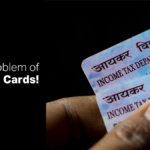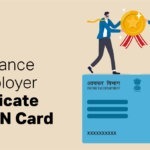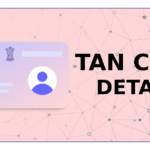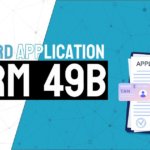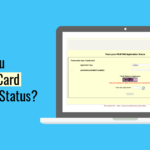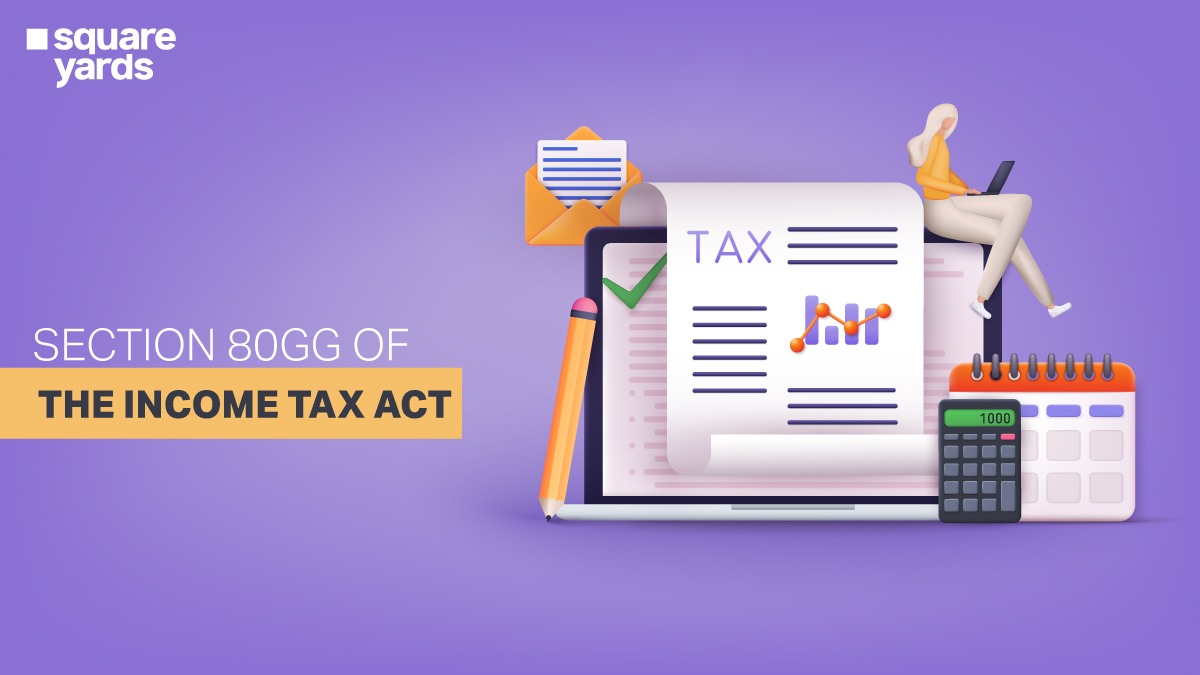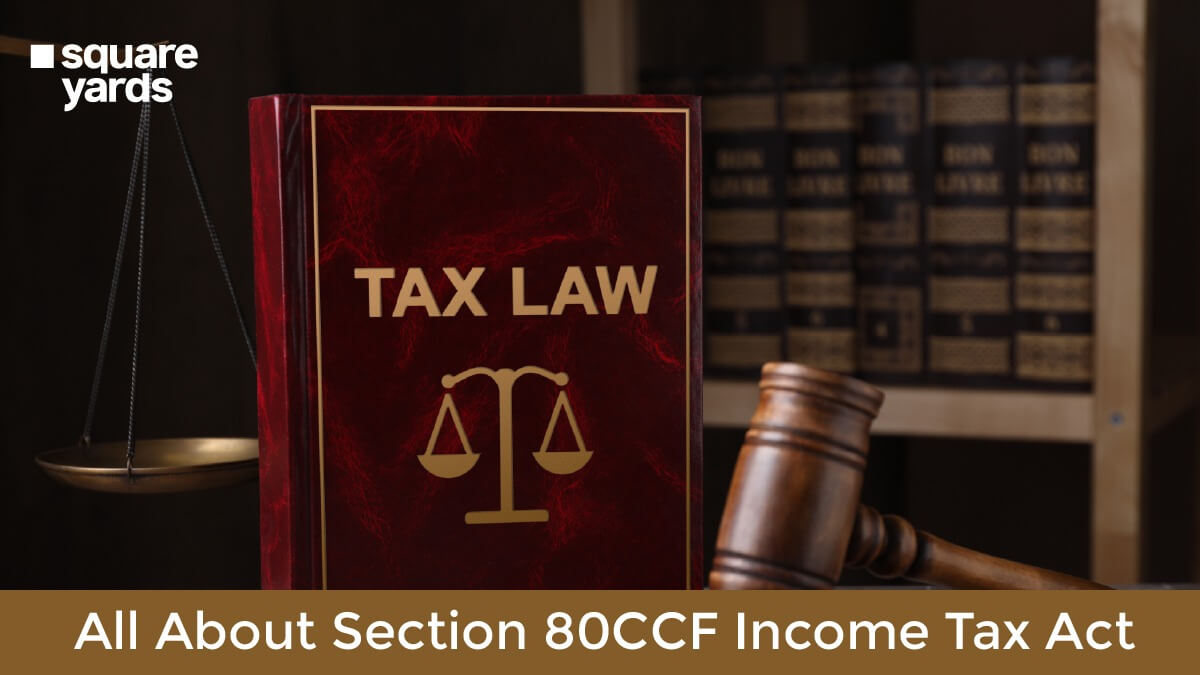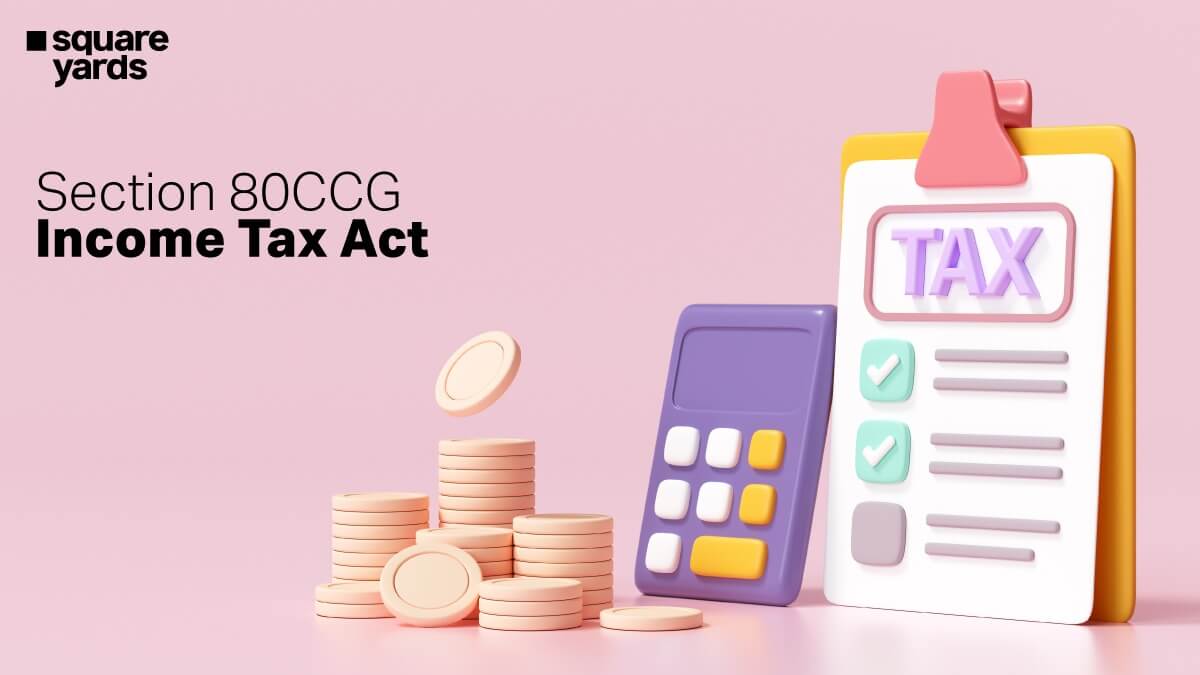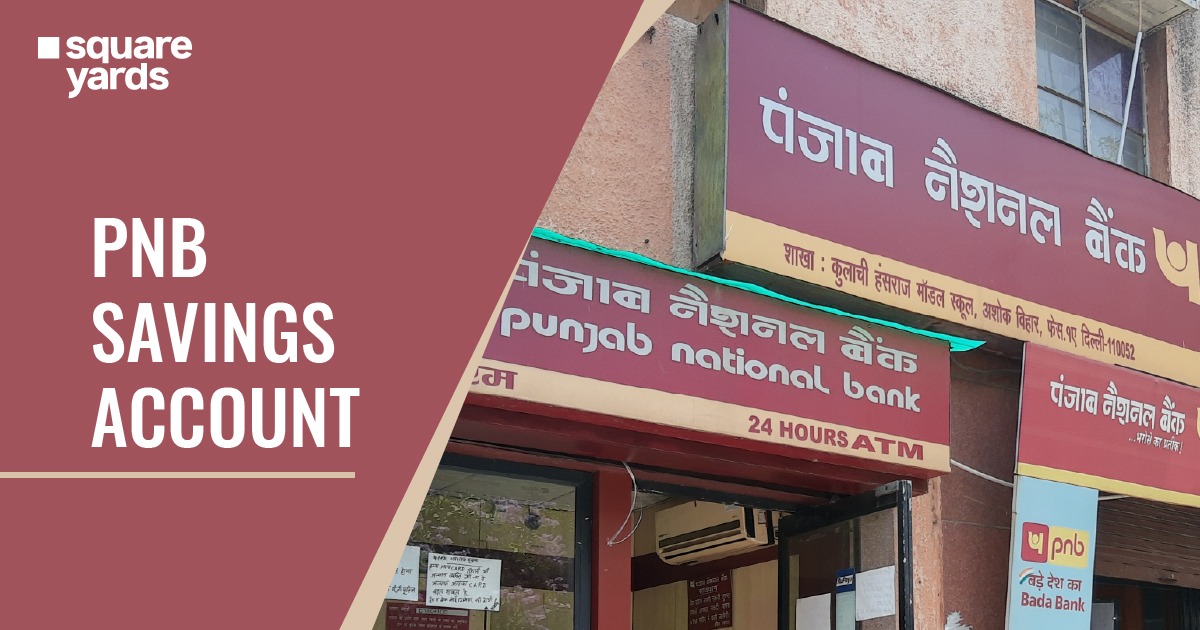Rule 114B of the Income-tax Rules, 1962, states that PAN or Permanent Account Number is compulsory for certain specified transactions. These transactions include opening bank accounts, selling or purchasing immovable property, entering into contracts, financial transactions of more than Rs. 50,000, and purchasing foreign exchange. It also states that failure to quote PAN can attract a penalty of Rs. 10,000.
The Rule 114B Income-tax rule is important because it allows the taxpayer to pay advance tax in installments. This makes it easier for taxpayers to pay their taxes on time and in the proper manner. Additionally, it helps taxpayers manage their cash flow more efficiently by allowing them to pay their taxes in a staggered manner.
In accordance with this rule, every individual must include his or her permanent account number (PAN) in all documents dealing with the transactions discussed in the piece ahead.
Table of contents
What all Transactions do the Rule 114B Apply to?
Transactions on which Rule 114B apply to have been mentioned below in a tabular format for your convenience:
| Serial Number | The Nature of the Transaction | The Transaction’s value |
|
1 |
Buying or selling of a motorised vehicle or vehicle, as specified in clause (28) of section 2 of the Motor Vehicles Act, 1988 (59 of 1988), that needs to be registered by a registration authority under Chapter IV of said Act, except two-wheeled vehicles. |
All such transactions |
|
2 |
Opening an account with a co-operative bank or banking firm to which the Banking Regulation Act of 1949 (10 of 1949) applies, including financial institutions or banks that are listed in section 51 of said Act, other than a fixed-deposit in reference to Serial Number.12 and Basic Savings Bank Deposit Account. |
All such transactions |
|
3 |
Making an application for a debit card or credit card to a cooperative bank or a banking firm to which the Banking Regulation Act of 1949 (10 of 1949) applies, including financial institutions or banks in reference to section 51 of such Act, or to any other institution or company. |
All such transactions |
|
4 |
Creating a Demat account with a registrant, depository, custodian of securities, or another registered under Section 12(A) of the Securities and Exchange Board of India Act of 1992. (15 of 1992). |
All such transactions |
When cash payments exceed Rs.50,000,
| Serial Number | The Nature of the Transaction | The Transaction’s Value |
| 3 | Payment paid to a hotel or restaurant against a bill or bills at one certain moment of time. | Cash payment that exceeds Rs.50,000 |
| 4 | At any given time, payment made for travel to countries or abroad, or payment made for obtaining foreign money. | Cash payment that exceeds Rs.50,000 |
More than Rs.50,000 in payment
| Serial Number | The Nature of the Transaction | The Transaction’s value |
| 5 | Payment to purchase units of a Mutual Fund. | Payment that exceeds Rs.50,000 |
| 6 | Payment made to an institution or a company for the purpose of procuring bonds or debentures issued by it. | Payment that exceeds Rs.50,000 |
| 7 | Payment made to the Reserve Bank of India, constituted under Section 3 of the Reserve Bank of India Act of 1934 (2 of 1934) to acquire bonds issued by it. | Payment that exceeds Rs.50,000 |
Rule 114B governs all other transactions.
| 10 | Deposit with a Post Office Co-operative or a banking institution to which the Banking Regulation Act of 1949 (10 of 1949) applies (including banks or banking institutions in reference to section 51 of said Act). | Cash deposits that exceed Rs.50,000 in a single day or aggregate to more than Rs.2,50,000 between November 9, 2016, and December 30, 2016. |
| 11 | Purchase of pay orders or bank draughts or banker’s cheques from a co-operative bank or banking firm to which the Banking Regulation Act of 1949 (10 of 1949) is applicable (including banks or banking institution in reference to section 51 of said Act). | Cash payment for payments exceeding Rs.50,000 in a single day. |
| 12 | Postal service time deposit Cooperative bank or banking business subject to the Banking Regulation Act of 1949 (10 of 1949) (including banks or banking institutions in reference to section 51 of said Act). Section 406 of the Companies Act of 2013 refers to Nidhi (18 of 2013), A non-banking financial firm with a registration certificate under section 45-IA of the Reserve Bank of India Act, 1934 (2 of 1934), to hold or accept deposit from the public. | Amounts surpassing Rs.50,000 or totaling more than Rs.5 lakh in a single fiscal year. |
| 13 | Payment for one or more pre-paid payment instruments, as specified in policy guidelines for the operation and issue of prepaid payment instruments published by the Reserve Bank of India under section 18 of the Payment and Settlement Systems Act of 2007 (51 of 20070, to a co-operative bank or banking business to whom the Financial Regulation Act of 1949 (10 of 1949) applies (including banks or banking institutions in reference to section 51 of said Act), or to a not-for-profit organisation. | In one fiscal year, a cash payment, bank draught, banker’s cheque, or pay order totaling more than Rs.50,000 is required. |
| 14 | Payment to the insurer as a life insurance premium, as defined in clause (9) of section 2 of the Insurance Act of 1938 (94 of 1938). | Amounts totaling more than Rs.50,000 in a single fiscal year. |
| 15 | A contract for the purchase or sale of securities that are not shared, as specified in section 2 clause (h) of the Securities Contracts (Regulation) Act of 1956. (42 of 1956). | Amounts greater than Rs.1 lakh per transaction. |
| 16 | Anyone can buy or sell shares in a company that is not listed on a recognised stock exchange. | Amounts greater than Rs.1 lakh per transaction. |
| 17 | Purchase and selling of real estate. | Amounts in excess of Rs.10 lakh, as determined by the stamp valuation authority under Section 50C of the Act. |
| 18 | Purchase or sale of natural goods and services by any individual other than those listed above. | Amounts in excess of Rs.2 lakh for a single transaction. |
Please note that If an individual enters into any of the transactions listed in Rule 114B while a juvenile and does not have taxable income, he or she must provide the permanent account number of his or her father/mother/guardian in the transaction document.
If an individual does not possess a permanent account number and engages in any transactions listed in the rule, he or she must complete Form 60, which details the transaction. The information can be given on paper or electronically in accordance with the methods, data structure, and standards established by the Principal Director General of Income Tax (Systems) or the Director General of Income Tax (Systems).
Glossary on 114B
Some jargon that could help you understand 114B a little better has been mentioned below for your convenience:
- Payment in connection with travel- Payment paid to a travel agent, tour operator, travel agent, or authorised person as described in section 2 clause (c) of the Foreign Exchange Management Act of 1999 (42 of 1999).
- Tour Operator or Travel Agent- An individual who makes surface, air, or maritime travel arrangements or provides services relating to entertainment, tours, accommodation, visa, foreign currency, travel insurance, passport, or other travel-related services, either as part of a package or separately.
- Time Deposit- Any deposit repayable when a fixed deposit matures.
PAN Card Forms Related Articles
| PAN Card Forms | Form 61 |
| Form 49A | Rule 114E |
| Form 49AA | Amendment Rules for PAN transactions |
| Form 60 | Intructions for Form Filling |
Frequently Asked Questions (FAQs)
What are The Transactions Covered by 114B?
Purchase or sale of any immovable property. Amounts in excess of ten lakh rupees, as determined by the stamp valuation authority in reference to Section 50C of the Act. 18. Any person’s sale or acquisition of products or services other than those listed in Sl.
What is 114B in Income Tax?
Transactions for which the permanent account number must be quoted in all papers in accordance with clause (c) of sub-section (5) of section 139A.
What Exactly is Proviso Rule 114B?
The Income Tax Rules, 1962, Rule 114B, demand the required quoting of PAN in relation to certain transactions to capture information related to high-value activities and combat black money circulation.
What Exactly is The Rule 114B Amendment?
Rule 114B Amendment refers to PAN or Aadhaar Number Authentication. For carrying out the aforesaid transactions, the bank, co-operative bank, or Post Master General must authenticate the PAN or Aadhaar Number mentioned in the documents. This took effect on July 10, 2022.
What is The Punishment for Failing to Follow Rule 114B?
If a person engages in any above transactions without a PAN card, the Assessing Officer may levy a penalty of Rs 10,000. If a person compelled to quote his PAN gives a fraudulent PAN, he would be fined Rs 10,000






